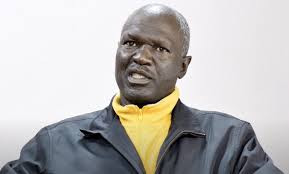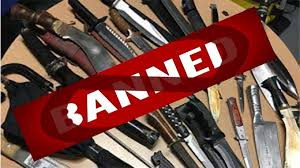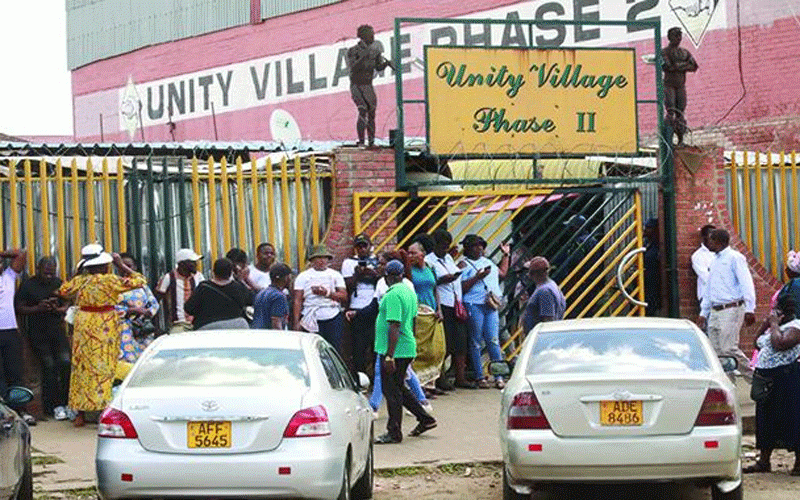AT least 20% of Zimbabwe’s rural areas is facing a serious water crisis due to the El Niño-induced drought, with the United Nations Children’s Emergency Fund (Unicef) saying only half of the households are accessing safe water less than 500m from their homes, it has emerged.
Zimbabwe is currently experiencing an intense El Niño-induced drought, leading to water scarcity and further jeopardising access to safe water for many Zimbabweans.
In a statement on Tuesday this week, Unicef warned that the situation is critical, with only 81% of rural people having access to improved water sources.
“Because of drought, nearly 4% of the boreholes in the rural areas in Zimbabwe have dried up, particularly in Matabeleland South and Masvingo provinces,” Unicef said.
The United Nations agency also revealed that broken down boreholes rose to more than 6 000 by August 2024, while there was a growing concern over access to safe water in urban settings, including Harare and Bulawayo, where water production is insufficient to cater for residents’ needs.
Unicef also said the increased water scarcity might lead to waterborne diseases and malnutrition among children, school dropouts and child labour as children are used to fetch water from far away places.
“The El Niño-induced drought reminds us of the critical nature of ensuring sustained access to water, sanitation and hygiene to prevent and respond to climate change shocks like droughts,” the agency said.
Unicef said it was working on providing sustainable access to water, sanitation and hygiene which was pivotal to its role of contributing to ensuring the protection of children’s rights in Zimbabwe.
“By providing access to safe water in communities, we build their resilience to cope with climate change-related shocks like the El Niño-induced drought and prevent child malnutrition, morbidity and mortality,” it said.
Unicef is working with the government and other development partners to enhance safe water supply to communities, health facilities and schools facing water insecurity through rehabilitation of existing water systems and construction of new water systems including climate resilient multi-purpose solar-powered piped water systems that enable safe drinking, domestic, livestock and garden water increasing water storage capacity at the community and institutional level.
The agency has appealed for US$34 million for the rehabilitation of water points to ensure people in need access safe water.
“While funding contributions have been limited until now, Unicef, the government and partners in water, sanitation and hygiene sectors were able to set up a dashboard to track and monitor water systems in rural areas, provide more than 55 000 people in need of access to safe water through rehabilitating 67 boreholes and developing 15 solar-powered piped water systems,” the agency said.
Unicef has also established 50 health clubs in schools and communities to promote appropriate behaviour in times of reduced access to safe water.
It also called on government, the donor community and partners to prioritise interventions aimed at ensuring access to water, sanitation and hygiene facilities for children and their families.





